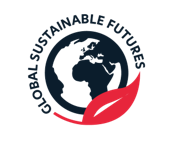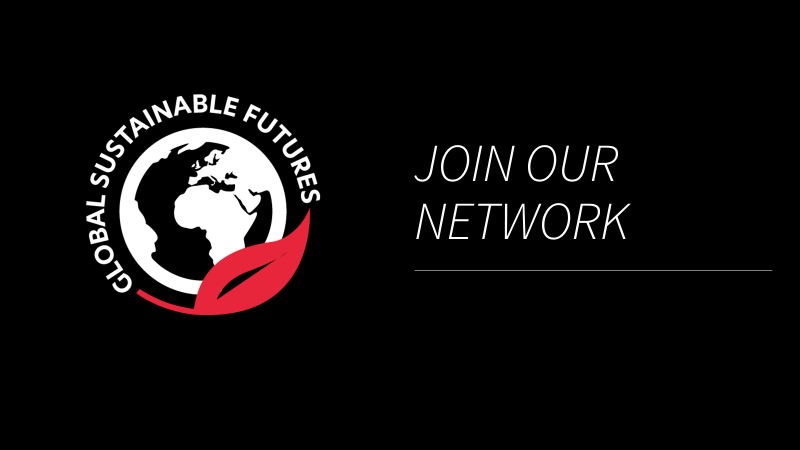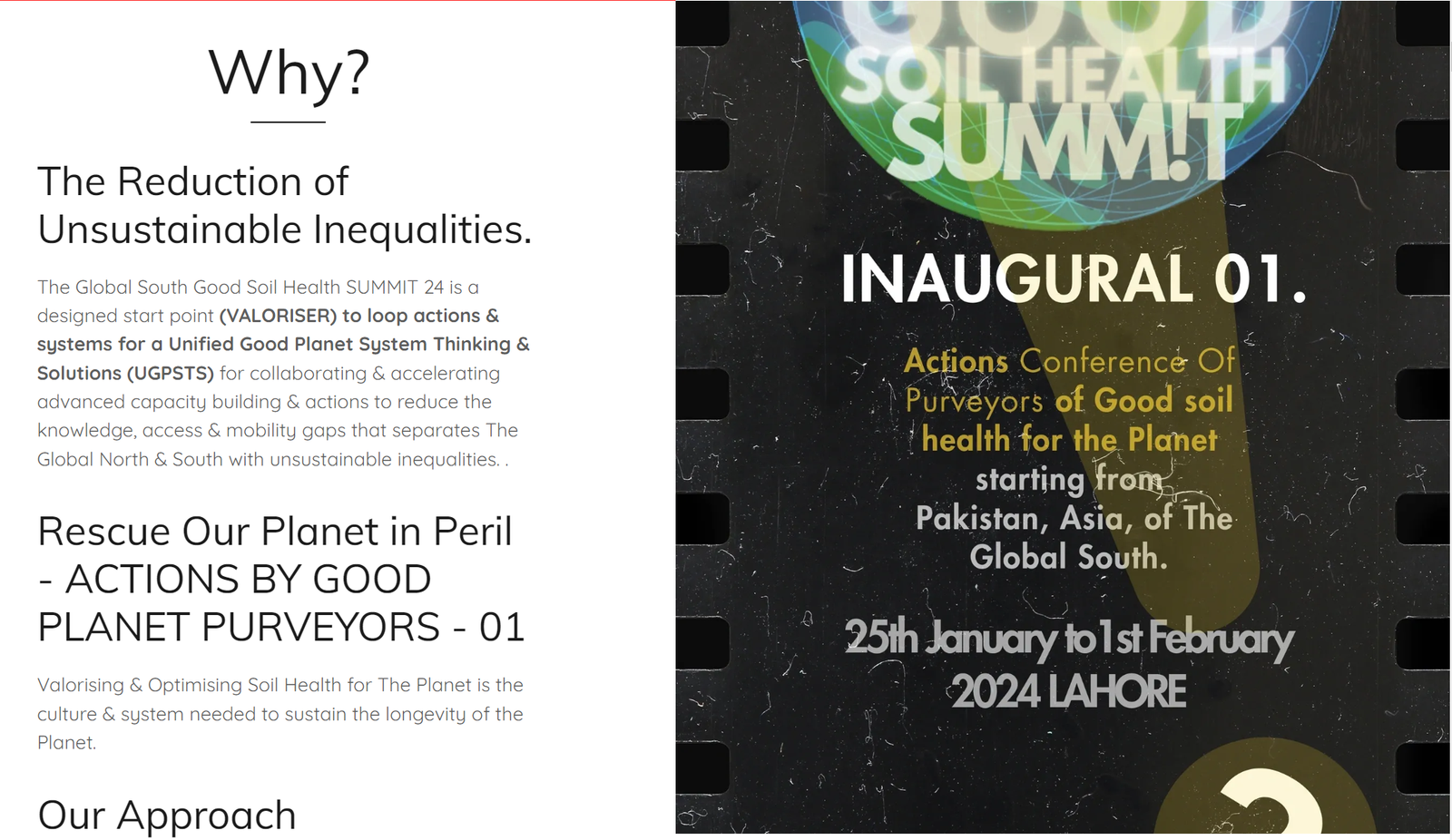s
trengthening Science, Technology, and Innovation (STI) in the Global South needs a systems approach. Capacity development and a more profound linkage between research, policy and practice can speed the transition to an innovation-led, knowledge-based economy. Though several strategies are employed to address specific barriers, an open, inclusive, and proactively engaging platform for developing and disseminating empirical research and monitoring and evaluating their effectiveness in delivering SDGs and targets is negligible. Global South and North, and within, between and beyond low-, middle- and high-income countries, need to progress in research capacity steadily. Still, a significant barrier to research is the lack of empirical evidence on strategic transdisciplinary interventions.
The systems approach is essential for an effective response to and recovery from the COVID-19 pandemic in both the Global South and Global North, between and beyond low-, middle- and high-income countries. The current COVID-19 drawbacks have created an inclusive breeding ground for novel solutions and approaches to uncertainties. Adopting a Systems approach in designing a new sustainable Economic Recovery Strategy (ERS) to be implemented in the next 2023-2026 will lead to achieving development and humanitarian goals in more novel and creative ways. The designed ERS will mitigate the adverse socio-economic effects of the COVID-19 pandemic and facilitate the opening of the economy, accelerate economic recovery, and attain higher and sustained economic growth. The designed ERS will provide a new development framework beyond Vision 2030 in the Global South. Countries have made significant investments over the last year to maintain their economy’s viability and protect the lives and livelihoods of their people amid the COVID-19 pandemic drawbacks. Nevertheless, a robust, inclusive, and ambitious network platform like the one provided by this Network will be the critical catalyst in strengthening those efforts toward a more potent economic recovery strategy across the Global South and Global North and within, between and beyond low-, middle- and high- income countries. The network collaborates with partners in low- and middle-income countries, global Networks such as Future Earth, Future Earth Knowledge-Action Network (KAN) and International Research Network on Climate Resilient Development (RIPEDRC), to advance science-based knowledge for Agenda 2030. GSFN is committed to encouraging early career researchers and strives to provide them opportunities to lead research projects, bringing support or mentoring from senior researchers.
Despite the evolution in sustainable development thinking, local actors continue to use outdated development strategies recognised as unsustainable. To realise the multi-dimensional, sustainable, innovative approach, the outcomes of research capacity on international platforms must be equally valued as research output, which is essential in advancing the SDGs agenda. Given this context, it is crucial that the key players – academics, researchers, industry professionals, technocrats, and research-oriented institutions, respond to the ongoing and emerging climate change, environmental, and sustainability challenges in the Global South and Global North and within, between and beyond low-, middle- and high- income countries. The ‘knowledge’ and ‘skills’ to ‘integrate’ and ‘network’ are missing. However, these fundamental capacity development ingredients are organic, real-time, and innovative. Thus, a considered, deliberate effort is all-important to build a platform that integrates all the above-listed elements, ultimately improving the research capacity and capability of researchers and sustainability professionals throughout the globe.
There have already been significant consequences regarding the direct impacts of the public health crisis on health and mortality and indirect effects on social, economic, and political systems. Innovation for development has gained traction to achieve growth and humanitarian goals in more novel and creative ways to generate more impact for more people.






